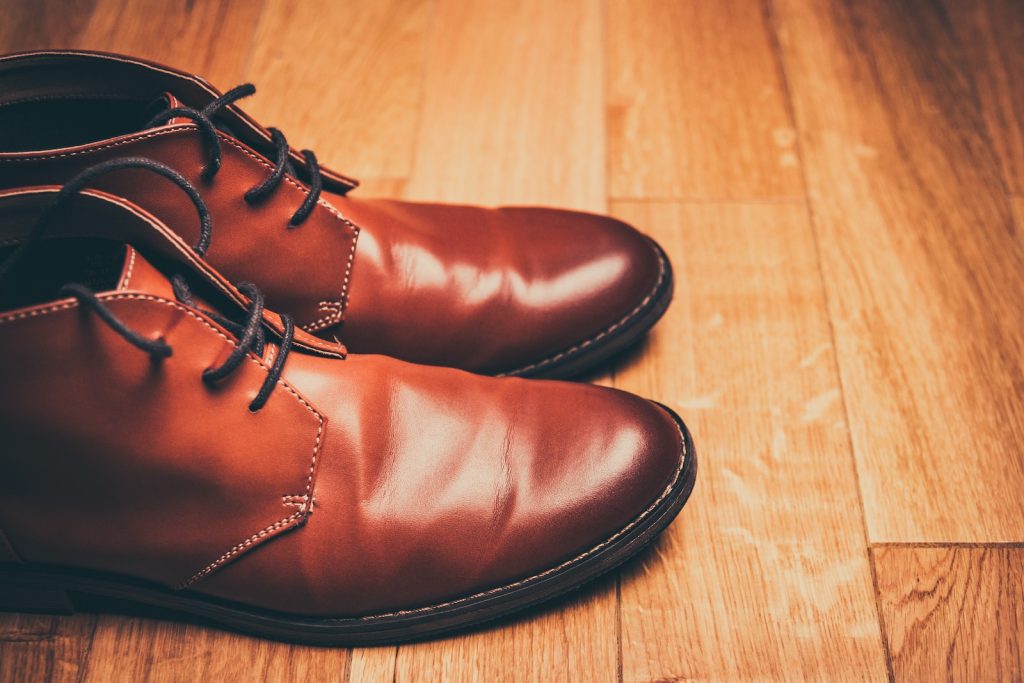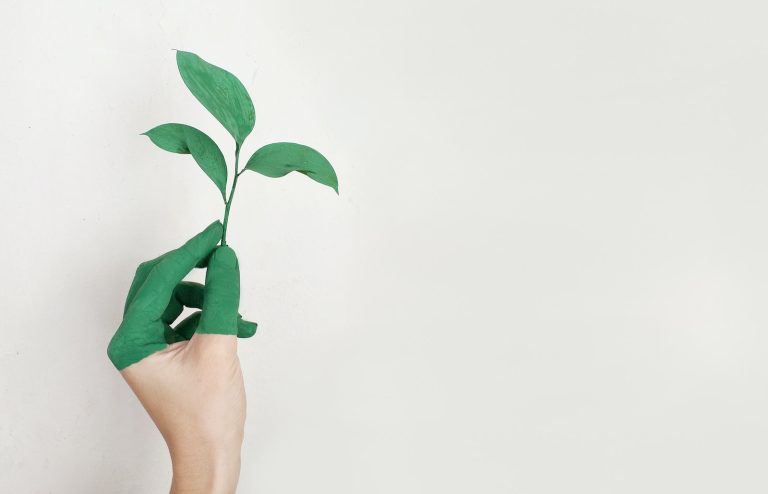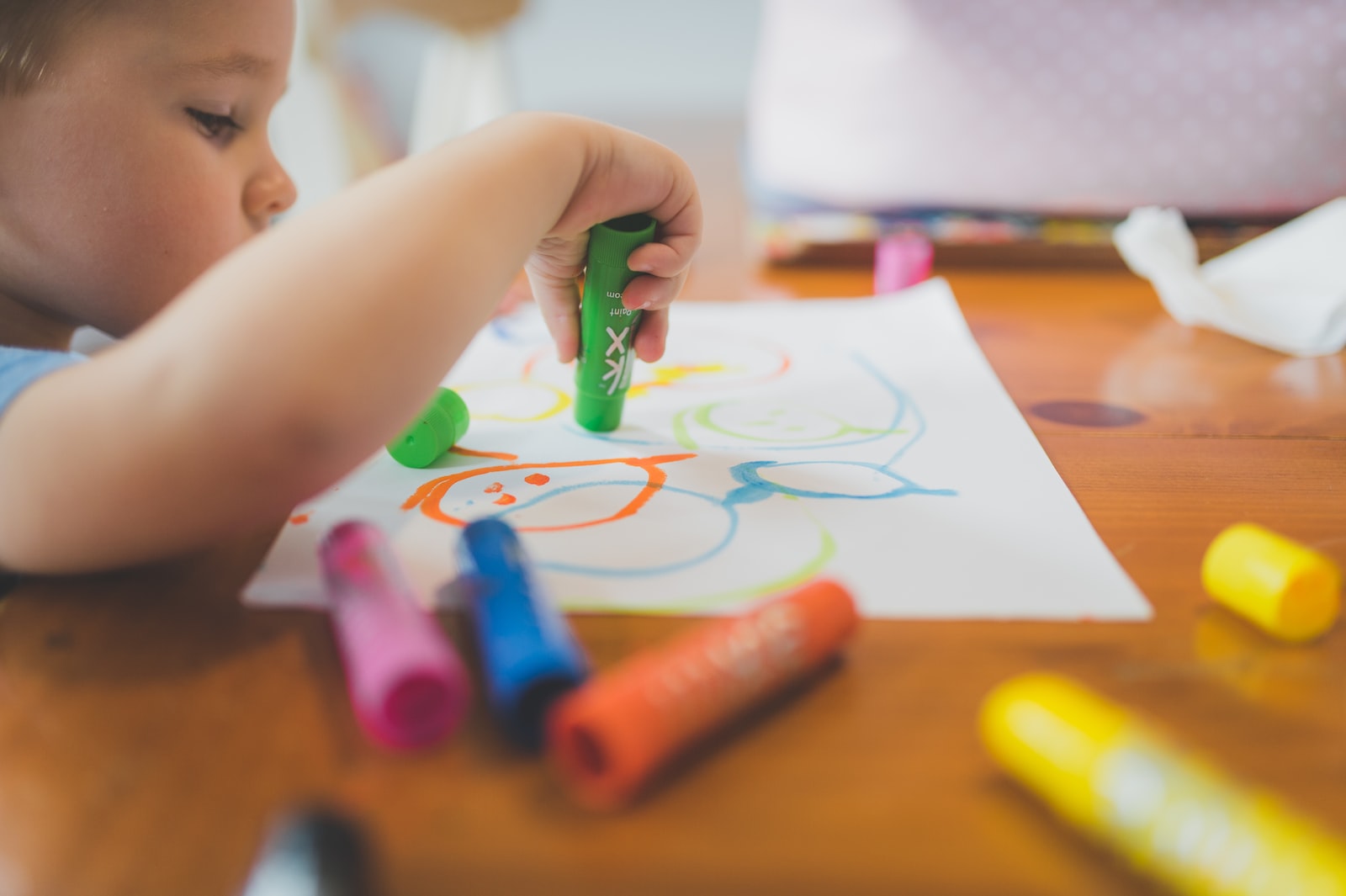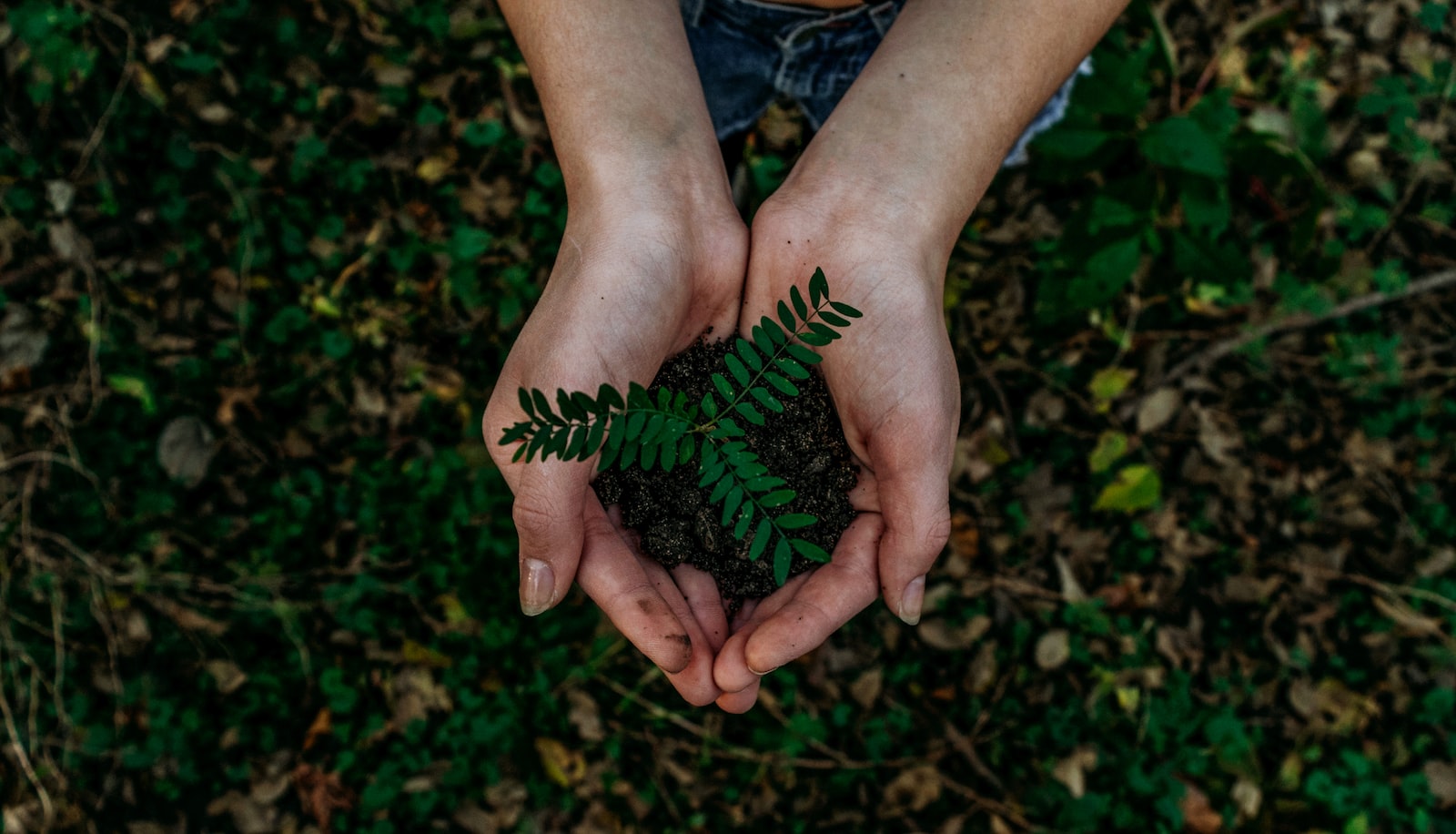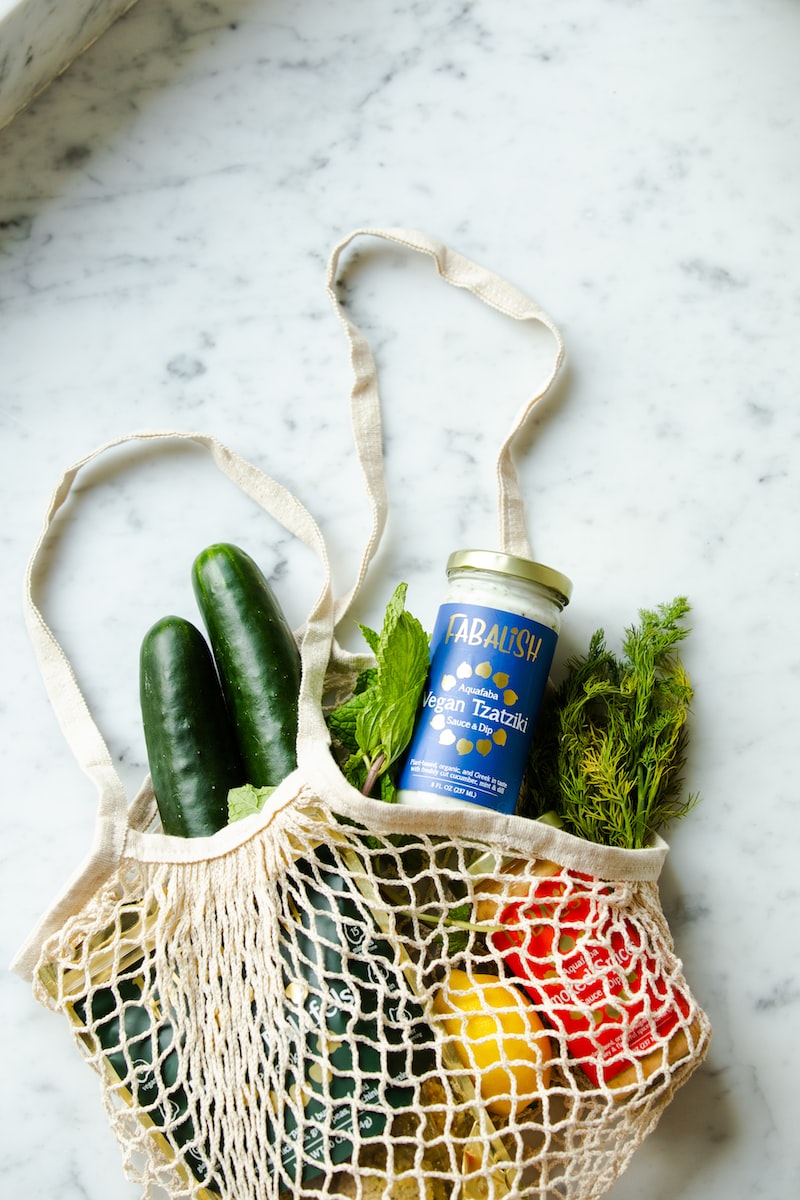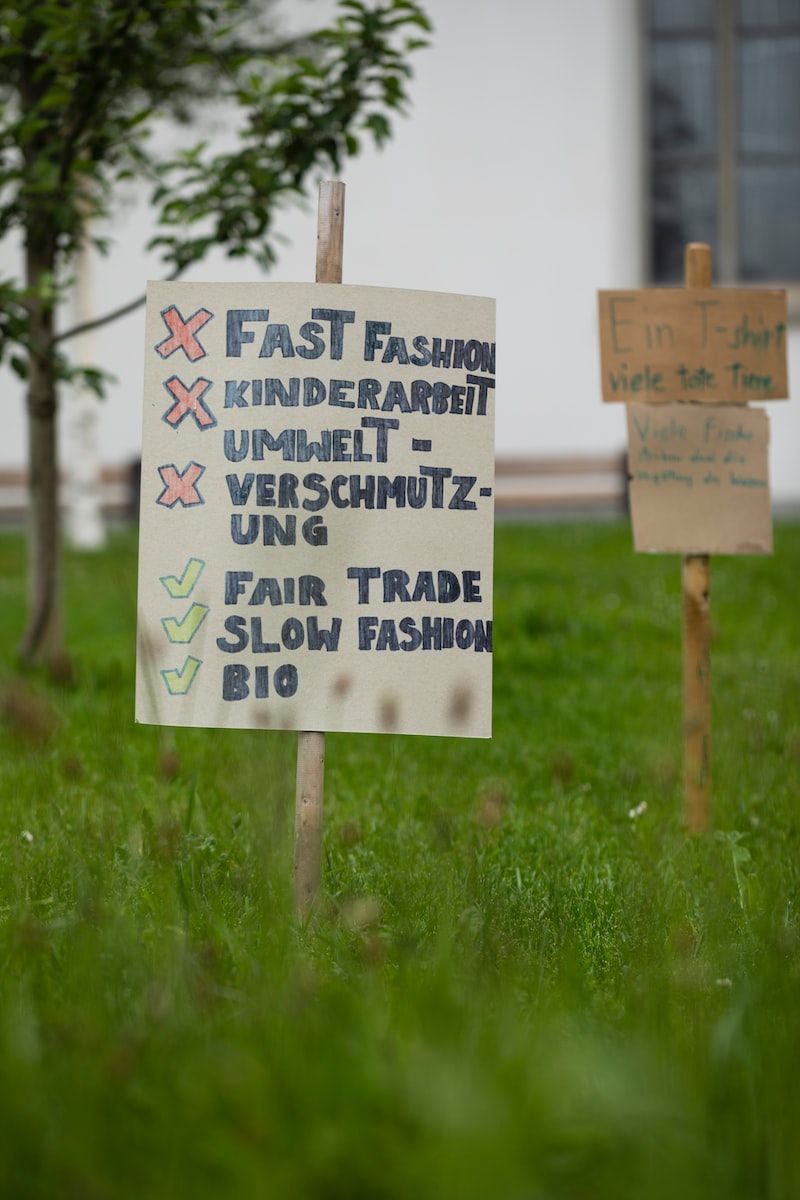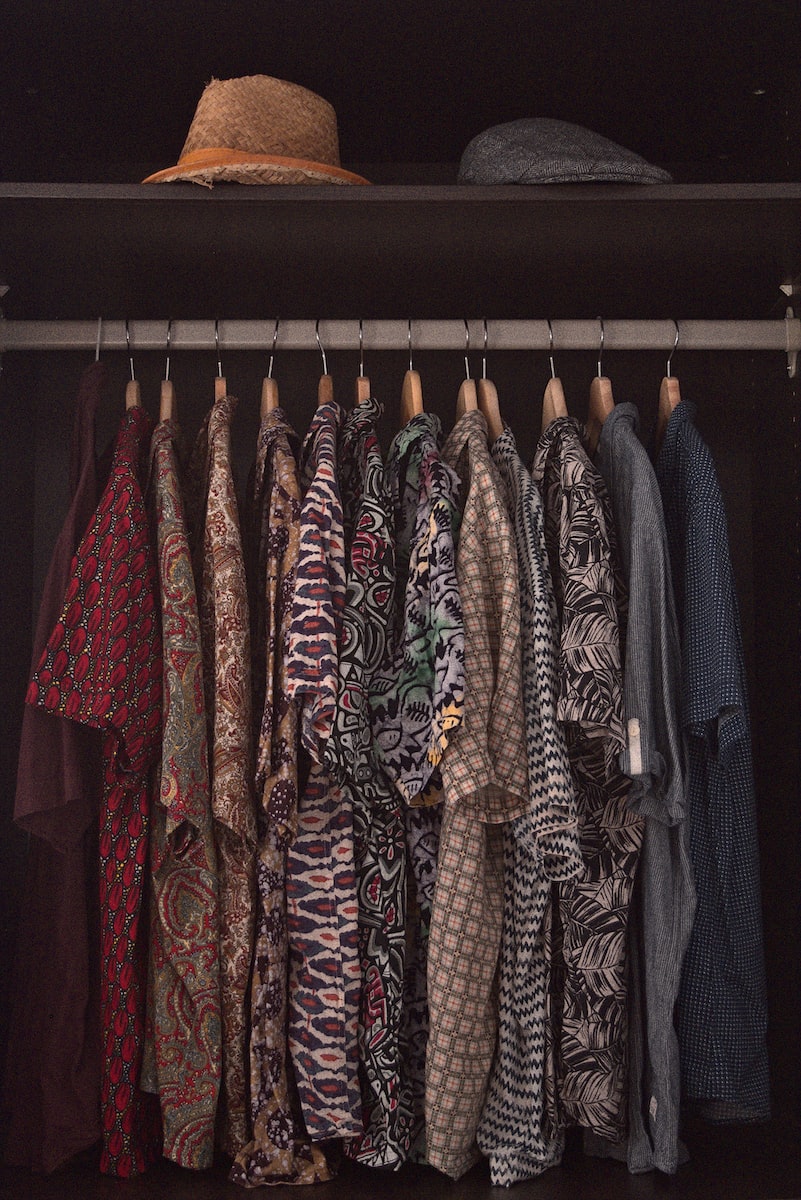Can footwear be sustainable at all? Nowadays, new sneakers drop every week and so is landfill waste. Promoting newness and massive consumption over circular and sustainable business models leads to a climate disaster. According to the Department of the Interior, every year in the US, people throw away over 300 million pairs of shoes, 95% of which wind up in landfills. The industry’s manufacturing processes are energy-intensive and rely on natural resources that are finite, and many of the materials used are not biodegradable, leading to a massive accumulation of waste. At Faircado, we strongly believe that there are lots of alternatives to wearing planet-friendly outfits, shoes included. Fashion is a statement that can make a positive difference for the people that make our shoes and for our planet. So let’s take a look and see how sustainable shoes are actually made and some useful tips for buying sustainable footwear.
Defining Sustainable Footwear: A Look into Conscious Manufacturing
As there is no precise definition of what sustainable shoes or ecological shoes are, each brand does what it wants. The terms sustainable or ecological footwear have very different realities and levels of commitment depending on the brand.
Sustainable footwear defines shoes that are consciously crafted considering both environmental and social concerns. They are manufactured in workshops that prioritize fair working conditions and equitable compensation for their employees.
Furthermore, ethical shoes are fashioned from recycled or environmentally friendly raw materials and avoid animal-derived materials like leather that can lead to exploitation and has a huge impact on the environment.
Various high-quality labels are available to ensure consumers that the brand produces its shoes while respecting its workers, the resources and limiting their impact on the planet.

Avoid Fast Fashion Brands: Why Investing in High-Quality Shoes is Worth It
Shopping for sustainable footwear is about investing in high-quality shoes that will last longer. Cheap shoes may seem like a good deal at first, but they often fall apart quickly and need to be replaced frequently, which creates more waste and contributes to overconsumption. The production of fast fashion shoes has a significant environmental impact, and fast fashion brands are often criticized for their poor labor practices and lack of transparency. Investing in high-quality footwear reduces the need for frequent replacements and saves you money in the long run and ensures that the people that made them are well-treated. Little tip: check what type of material they use. However, don’t be fooled: we often see fast fashion brands claiming to offer eco-responsible shoes because they contain “organic cotton and recycled cotton” and a sole “partially made of a material largely elaborated from the biomass of algae”. We cannot investigate further.
Choosing Sustainable and Long-Lasting Materials
From the sole of the shoes to the lining and laces, no detail is left to chance in the design of sustainable footwear. Using primarily organically grown cotton or hemp for eco-friendly fabric shoes can reduce the environmental impact compared to other materials. However, there are additional considerations when it comes to ecological leather shoes. Although it is difficult to replace leather with a material that is as flexible and resistant, its production requires a breeding industry that can negatively impact the sustainability of natural resources such as water and lead to deforestation. Additionally, the tanning and dyeing processes traditionally involve using products containing heavy metals like chrome, aluminum, and nickel, which can cause skin allergies and be harmful to the environment if not used responsibly.
There are potential solutions to these issues. It is possible to choose the least harmful tanning agents or use vegetable tanning methods that utilize tree bark from ad hoc plantations. For coloring ecological shoes, a range of vegetable dyes like saffron, indigo, fenugreek, and cochineal can be used. Wastewater can also be recycled to prevent it from escaping into the environment.
Buying from Ethical Brands: Prioritizing Fair Production Practices
Sustainable footwear is not just about the materials used, but also a fair production process. When we talk about ethics in fashion, we often talk about working conditions, but not only. Few are those who have never heard of the many scandals in fashion in general: child labor, exploitation of workers, and indecent wages,… Fashion is really not an example in terms of respecting good working conditions, as defined by the International Labor Organization. But ethical fashion can also include local fashion, which allows people to be employed locally in good conditions (often in cooperatives). Or solidarity fashion, which, through its various actions: re-insertion, insertion, help for minorities, highlighting diversity, allows to support a social cause.
Prioritize brands that make sustainability a priority such as using renewable energy, reducing waste, and minimizing their carbon footprint. Some brands even go a step further and prioritize fair labor practices, ensuring that workers are paid a living wage and work in safe conditions. Look for brands that have certifications like Fair Trade, which ensures that workers are paid fairly for their work, or Bluesign, which ensures that the production process meets strict environmental and social standards.
Check for Specific Certificates
A certification is given by an independent third party to confirm that a fashion brand meets standards from a sustainable point of view. In an industry full of greenwashing, ethical fashion certifications are an incredibly helpful assessment. As already mentioned above, any brand including fast-fashion ones can say that their shoes are ‘green’, ‘eco’ or ‘planet-friendly’.
When shopping for sustainable footwear, look for certifications that ensure ethical and sustainable production practices. Some of the most well-known certifications include Fair Trade, Bluesign, and the Global Organic Textile Standard (GOTS).
These certifications ensure that the products you are buying were made under fair and safe working conditions and meet strict environmental and social standards. Brands that have these certifications are committed to sustainability
Buy Used: Maximize Sustainability and Reduce Waste
One of the most sustainable options for footwear is to buy it secondhand from thrift stores or online marketplaces like Faircado. You can find countless options, maximizing your chances to find a unique pair of shoes while reducing at the same time your impact on the planet. Shopping secondhand reduces the demand for newness and makes the fashion industry more circular. Refresh your closet the sustainable way!
Choosing sustainable footwear means choosing to consume fashion that takes into account ecological issues. The production is made to limit waste, the materials will last in time. It means taking control of your consumption and buying shoes that are in line with your values. Isn’t it the most powerful fashion statement?
Download Faircado to find your second-hand pair of shoes or read our magazine to find circular and sustainable inspiration. Let’s make online shopping more sustainable and environment-friendly.
